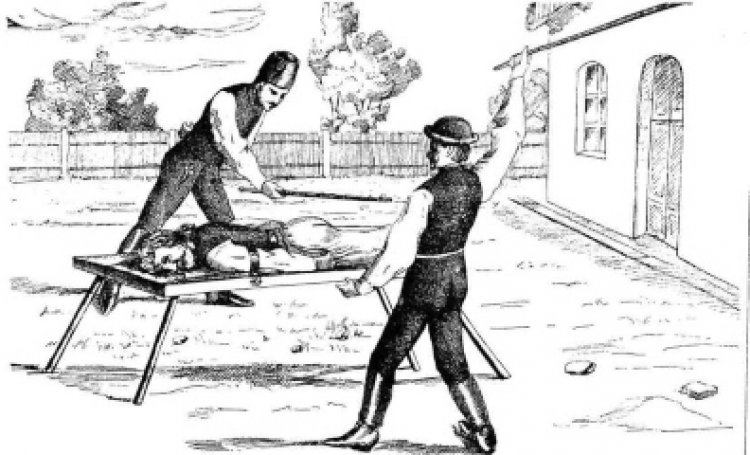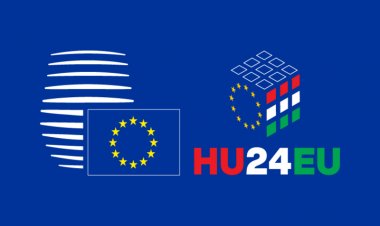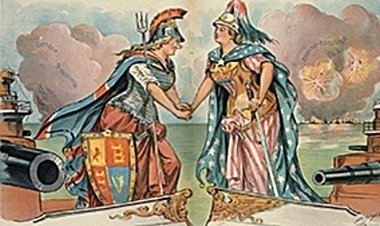Maltreating Hungarians?

To avoid the so much feared decline of the West, and to defeat the extreme left- and right-wing radicalism endangering our common values, Eastern-Europe must collaborate with the West and with Northern-Europe, as well. In this context we have to be aware that the criticism of the European Union towards the Hungarian government is not badly intended, on the contrary, is trying to improve and help.
The idea that our successful subsistence as a nation partly may depend on the opinions and believes of the foreigners formed about us was remarked already by the Greatest Hungarian, Széchenyi István in his work: Autognosis, 1857.
I believe that the thesis of a nation's existing or The Lost Prestige - the title of my newest book (Fekete Sas publishing house) - can be applied very well to the unfairness of the Trianon Treaty.
The unfavorable accounts, for example, published in the British press in the first two decades of the 20th century about the internal affairs of Hungary, actually are overlapping with the ascertainments of the classics of the Hungarian self-understanding, yet, at the time, no one gave them attention.
The indignant refusal of the offenses is understandable, sometimes even reasonable. Don't maltreat the Hungarians! - was the message of Miklós Zrínyi in 1660 to the Ottoman, respectively to Habsburg Empires. Zoltán Kodály in 1954 overtook this message in his music, protesting the imperialism of the Soviet Union.
Political opinions are frequently exaggerating, yet the right way is not to get offended or to get angry. We should listen to Gyula Illyés advice: mighty nations have the strength to face others' unfavorable opinions, to find out if they reflect the truth, and to use it as a great opportunity, as a lesson to learn about their weaknesses, same time to improve themselves.
Listening to critics is not a sign of weakness, on the contrary. Our laws should be the results of debate and politics should serve not only the interests of a person or a party but aiming the common sense, working for all citizens well being.
Instead of heroically posing in our solitude, Hungary's foreign affairs should have as a chief goal to make as many friends as possible. Rather than lamenting about the moral decay of the West, we should be prepared to contribute to preserving our shared values, fix the problems, and improve. If we understand the lessons of history, if we can see the dangers haunting our country, we realize that there is no real chance for us outside the European Union, respectively NATO.
Communist regimes used to refuse the critique coming from the part of other countries, classifying it as unrighteous involvement in their internal affairs. Stable societies do not react with indignation and anger when they are contradicted or judged, but with intelligent analysis, working out solid strategies defending their interest. Being part of the Union, Hungary is obliged by the Lissabon Treaty, as such must listen to others' opinions and recommendations.
It is in Hungary's interest to develop good relations with its partners inside the EU, especially if the country considers itself responsible for the fate of the Hungarian minorities living in the countries neighboring Hungary. Only an internationally well-respected Hungary will be strong enough to be able to guarantee the lasting future of these minority communities. „Suaviter in modo, fortiter in re" is the epigraph after we should direct all our actions, meaning: gentle in manner, powerfully indeed.
Original: Jeszenszky Géza: Bántják-e a magyart? (extract)

























